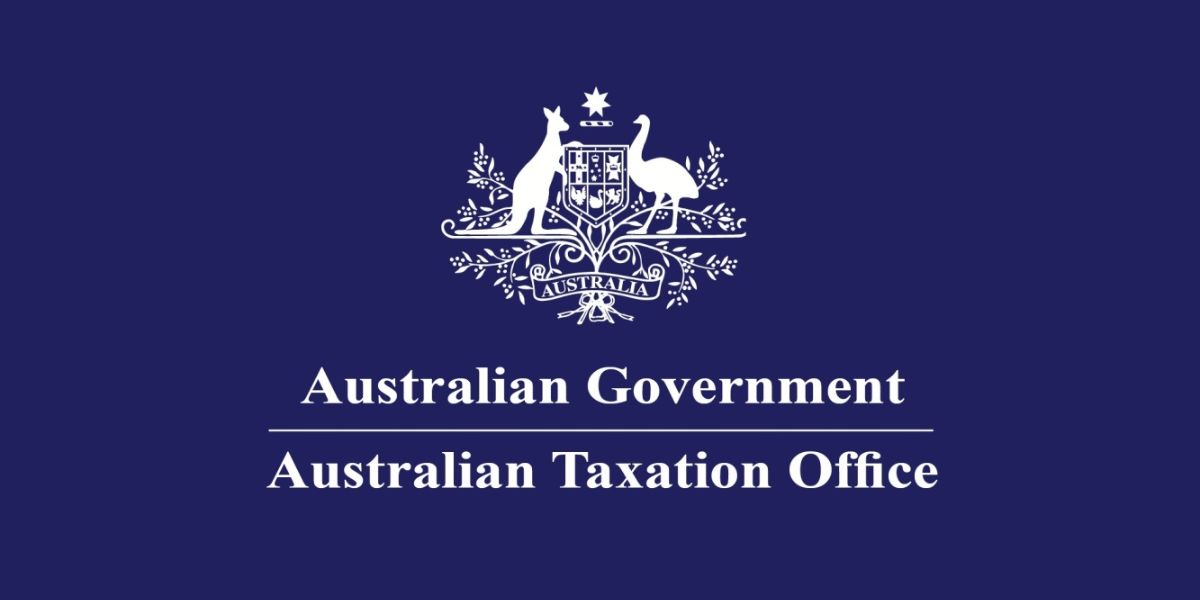On 9 February 2017, the Australian Government introduced legislation into the Parliament to implement the new Diverted Profits Tax (DPT), which will prevent multinationals shifting profits made in Australia offshore to avoid paying tax.
The Diverted Profits Tax (DPT) will commence on 1 July 2017, and is expected to raise $100 million in revenue a year from 2018-19. It provides a powerful new tool to the Australian Taxation Office to tackle contrived arrangements and uncooperative taxpayers, and will reinforce Australia’s position as having some of the toughest laws in the world to combat multinational tax avoidance.
The Diverted Profits Tax (DPT), announced in the 2016-17 Budget, targets multinationals that enters into arrangements to divert their Australian profits to offshore related parties in order to avoid paying Australian tax.
By making it easier to apply Australia’s anti‑avoidance provisions and applying a 40 per cent rate of tax, which will need to be paid immediately, the DPT will:
- complement the application of the existing anti‑avoidance rules;
- encourage greater compliance by large multinational enterprises with their tax obligations in Australia, including with Australia’s transfer pricing rules; and
- encourage greater openness with the Commissioner, and allow for quicker resolution of disputes.
The Government has consulted extensively to ensure that the legislation appropriately targets multinational tax avoidance.
The Diverted Profits Tax will not apply to managed investment trusts or similar foreign entities, sovereign wealth funds and foreign pension funds. These entities have been excluded as they are low risk from an integrity perspective, are widely held and undertake passive activities. This exclusion also ensures that such entities do not face an unnecessary compliance burden as a result of the introduction of the Diverted Profits Tax.
Similarly, the DPT will only apply to multinationals that have global income of more than $1 billion and Australian income of more than $25 million.
In addition to the DPT, the Combating Multinational Tax Avoidance Bill 2017 introduced into Parliament includes two further measures to ensure that multinationals pay the right amount of Australian tax and comply with their tax disclosure obligations.
- The first is to increase the maximum penalty 100-times for large multinationals where they fail to lodge tax documents on time. This means that the maximum administrative penalty for significant global entities that fail to comply with their tax reporting obligations will increase to $525,000. The Government is also doubling the penalties for large multinationals when they make false or misleading statements to the ATO.
- The second is to amend Australia’s transfer pricing law to give effect to the 2015 OECD transfer pricing recommendations. These recommendations provide greater clarity on how intellectual property and other intangibles should be priced, and ensure the transfer pricing analysis reflects the economic substance of the transaction rather than just the contractual form.

















